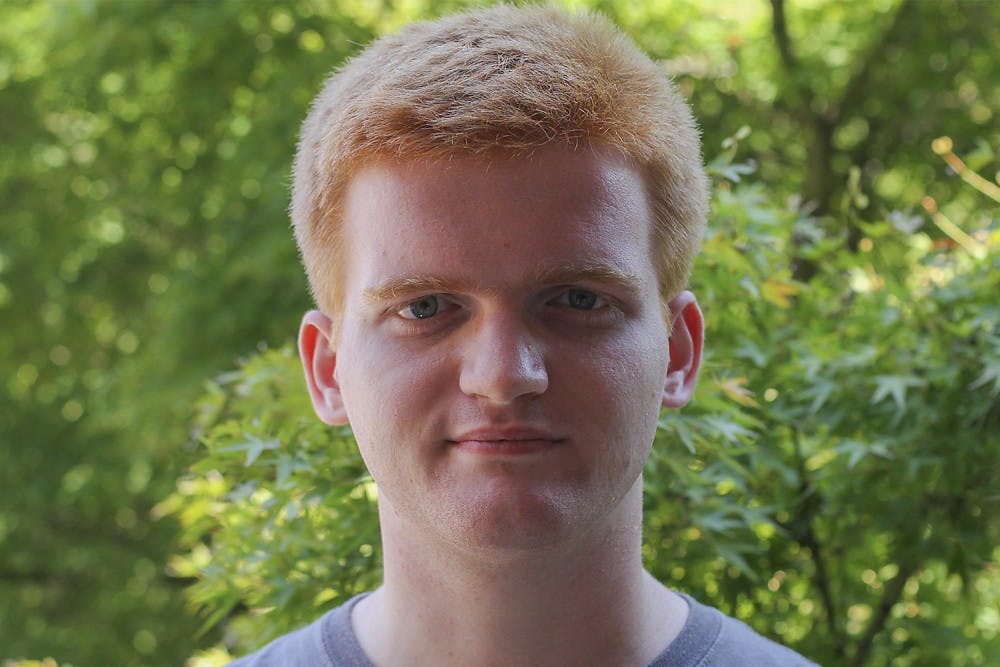“‘Oh Harry, don’t you see?’ Hermione breathed. ‘If she could have done one thing to make absolutely sure that every single person in this school will read your interview, it was banning it!’”
That’s the reason I downloaded Yik Yak, an anonymous, location-based social media app targeted toward college students. I’d heard about it, thinking, until last month, that the app was some initiative related to Student Affairs. But when I heard that people wanted to ban it, I crawled out from the rock I live under to check it out.
Yik Yak has had its share of controversy. According to The New York Times, Yik Yak’s owners have banned it in about 90 percent of U.S. middle and high schools in response to administrators’ complaints that students were using it to bully one another. At UNC, it was famously used for a bomb threat. Like any worthy new technology, it’s been followed by a string of newspaper articles that echo the tone of a nun condemning short skirts.
Yik Yak, however, should not be banned, and while I don’t think the administration at UNC is seriously considering it, it is generally an oft-echoed sentiment.
The internet is like everyone having a sharpie, and Yik Yak (among other anonymous message boards) is like a bathroom stall in Phillips Hall; when everyone has a Sharpie, many will decorate bathroom walls with nonsense. When internet anonymity goes awry, a lot of pundits pop up and argue that the best solution is to remove bathroom walls entirely. Every time Anonymous harasses someone, the first thing some blogger shouts is to shut down 4chan.
That never works — even if the tool goes away, the idea is still present (see: Napster). There are a number of problems in society — school bullying, binge drinking, internet anonymity — that cannot be solved with a bludgeon. But, whenever problems arise, out the bludgeon comes. For years, the music industry tried to kill illegal downloading, much like Elmer Fudd chasing Bugs Bunny. But it only made progress with nuanced, compromising solutions, like Spotify.




